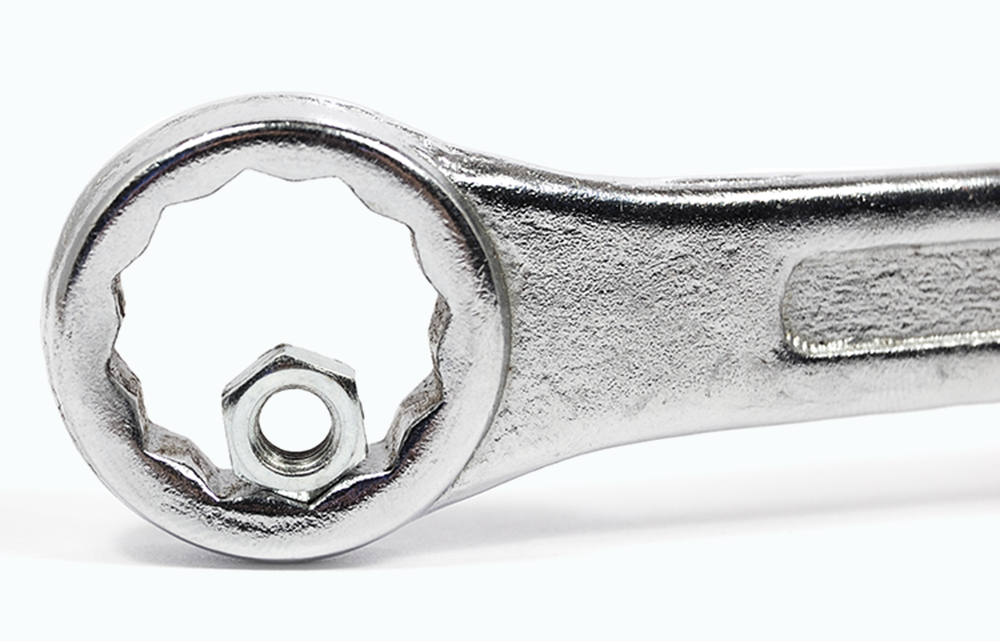Fire Alarm Subcontractor

Introduction
In the ever-evolving world of fire and security, the role of a fire subcontractor is both crucial and rewarding. This article delves into what it means to be a subcontractor in the UK and explores the myriad opportunities available within fire and security contract work.
Understanding the Role of a Subcontractor
A fire subcontractor specialises in installing, maintaining, and repairing fire alarm systems. These professionals work under contracts from larger fire protection companies and agencies, building contractors, or directly with clients. Their expertise ensures that fire alarm systems are reliable and meet all necessary safety standards.
Subcontractors in the fire and security industry often work on various projects, from small residential installations to large commercial and industrial sites. Their work is essential for ensuring that fire alarm systems are designed and installed correctly, adhere to safety regulations, and are maintained to function optimally over time.
The Importance of Fire Alarm Systems
Fire alarm systems are essential in safeguarding lives and property. These systems detect fires early, allowing for timely evacuation and response. As such, the demand for high-quality fire alarm installations and maintenance is ever-present, creating a steady stream of opportunities for skilled subcontractors.
Effective fire alarm systems consist of various components, including smoke detectors, heat detectors, manual call points, alarm sounders, and control panels. Each component must be installed correctly and integrated into the overall system to ensure complete and comprehensive fire protection. Regular maintenance and testing are also critical to ensure these systems operate correctly when needed.
Key Responsibilities of Fire Alarm Subcontractors
Fire alarm subcontractors carry out various tasks, including:
Installation: Setting up fire alarm systems in new buildings or during renovations. This involves understanding building plans, installing wiring, placing detectors and alarm units, and connecting everything to a central control panel.
Maintenance: Regular checks and servicing to ensure systems are functioning correctly. This includes inspecting and cleaning detectors, testing alarms, and checking battery backups.
Repair: Fixing any issues that arise with the fire alarm systems. Quick and efficient repairs are crucial to ensure the system’s reliability and compliance with safety standards.
Testing: Conducting routine tests to comply with health and safety regulations. This often involves simulating fire conditions to ensure the alarm system responds appropriately.
Subcontractors must also keep detailed records of all work performed, including installation dates, maintenance schedules, and any repairs carried out on site. This documentation is vital for compliance with regulations and for maintaining a history of the system’s performance.
Why Choose a Career as a Fire Alarm Engineer Subcontractor?
Choosing a career as a subcontractor can be highly rewarding. The job offers a mix of technical challenges and the satisfaction of contributing to public safety. Additionally, it provides:
Job Security: With strict regulations and an ongoing need for fire protection, skilled subcontractors are always in demand.
Flexibility: Many subcontractors enjoy flexible working hours and the ability to choose their projects. This flexibility can be particularly appealing for those who prefer a work-life balance that suits their personal needs.
Competitive Pay: Specialised skills in fire alarm systems can command competitive wages. Subcontractors with advanced certifications and extensive experience often have higher earning potential.
Training and Qualifications
To become a fire subcontractor, one needs a combination of technical skills and relevant qualifications. These typically include:
Technical Training: Courses in fire alarm system installation and maintenance. Many training programs offer hands-on experience, which is invaluable for learning the practical aspects of the job.
Certifications: Qualifications such as the BAFE (British Approvals for Fire Equipment) certification. Other relevant certifications might include those from the FIA (Fire Industry Association) or the NSI (National Security Inspectorate).
On-the-Job Experience: Practical experience gained through apprenticeships or working under experienced subcontractors. This experience helps new subcontractors develop the skills and confidence needed to work independently.
Continuous professional development is also important in this field. Subcontractors should seek opportunities for further training and certification to stay current with industry standards and technological advancements required.
The Growing Demand for Fire Protection Services
The demand for fire protection services is on the rise, driven by new building projects and stricter safety regulations. Subcontractors are often hired for their specialised skills in ensuring that fire alarm systems are installed correctly and maintained to the highest standards.
This demand is further fuelled by the increasing complexity of modern buildings and the need for integrated fire and security solutions. For instance, many buildings now require advanced systems that combine fire detection, emergency lighting fire alarms, and security features, such as CCTV and access control.
Opportunities for Subcontractors
The fire and security service industry offers numerous opportunities for subcontractors, including:
Large-Scale Projects: Working on significant projects, such as commercial buildings and public infrastructure. These projects often involve complex systems that require specialised knowledge and skills.
Specialised Installations: Handling complex systems like air sampling smoke detectors and integrated security solutions. These systems are often used in environments where traditional smoke detectors might not be effective, such as data centres or industrial facilities.
Maintenance Contracts: Securing ongoing maintenance contracts that provide steady work. These contracts often include regular inspections, testing, and emergency repair services.
Subcontractors who develop a reputation for quality work and reliability can find themselves in high demand, with opportunities to work on prestigious projects and build long-term relationships with clients.
The Role of Technology
Advancements in technology have revolutionised the fire and security industry. Modern fire alarm systems are more sophisticated, offering better detection and integration with other security systems. Subcontractors need to stay updated with these technological advancements to provide the best services.
For example, many modern fire alarm systems use wireless communication technology, which can simplify installation and reduce the need for extensive wiring. Additionally, smart systems that can be monitored and controlled remotely are becoming increasingly popular. Subcontractors who are familiar with these technologies can offer a wider range of services to their clients.
Building a Successful Career
To build a successful career as asubcontractor, consider the following tips:
Continuous Learning: Stay abreast of the latest industry trends and technologies. Attend workshops, seminars, and training courses regularly.
Networking: Build relationships with other professionals in the industry, including contractors and clients. Join industry associations and attend trade shows to meet potential clients and partners.
Quality Work: Always aim for high standards in your work to build a solid reputation. Satisfied clients are likely to provide repeat business and refer you to others.
Challenges and How to Overcome Them
Like any profession, being a fire subcontractor comes with its challenges, such as:
Keeping Up with Regulations: The fire safety industry is heavily regulated. Ensure you are always compliant with the latest standards. Regularly review updates from regulatory bodies and attend relevant training sessions.
Finding Work: Especially for new subcontractors, finding steady work can be challenging. Building a robust network and marketing your services effectively can help. Consider partnering with established contractors and offering competitive pricing to build your portfolio.
Technical Issues: Troubleshooting complex systems can be difficult. Continuous training and experience are key to overcoming these challenges. Stay informed about the latest technologies and best practices in the industry.
Conclusion
Being a subcontractor in the UK is a rewarding career choice, offering job security, flexibility, and the chance to make a real difference in fire safety. With the right training, qualifications, and dedication, you can build a successful career in this vital industry. Stay proactive, maintain high standards, and seize the numerous opportunities and jobs that come your way in the fire and security sector.
If you are looking for opportunities as a fire and security subcontractor, CSR is here to help. As a specialised contract fire and security recruitment agency, we connect skilled subcontractors with top companies in the industry.
Frequently Asked Questions
A: You typically need technical training in fire alarm systems, relevant certifications, and practical experience.
A: Projects range from residential installations to large-scale commercial and public infrastructure projects.
A: Continuous learning through courses, attending industry events, and networking with other professionals can help you stay updated.
Contact CSR
For more information on building a career as a subcontractor, get in touch with our team. We are a company dedicated to helping you achieve your goals in the fire and security industry.
By understanding the intricacies of the fire alarm subcontracting field, you can ensure a successful, happy and fulfilling career. The opportunities are vast, and with the right approach, you can make a significant impact on fire safety standards across the UK.
Every Job is Easier if You Have the Right Tools
